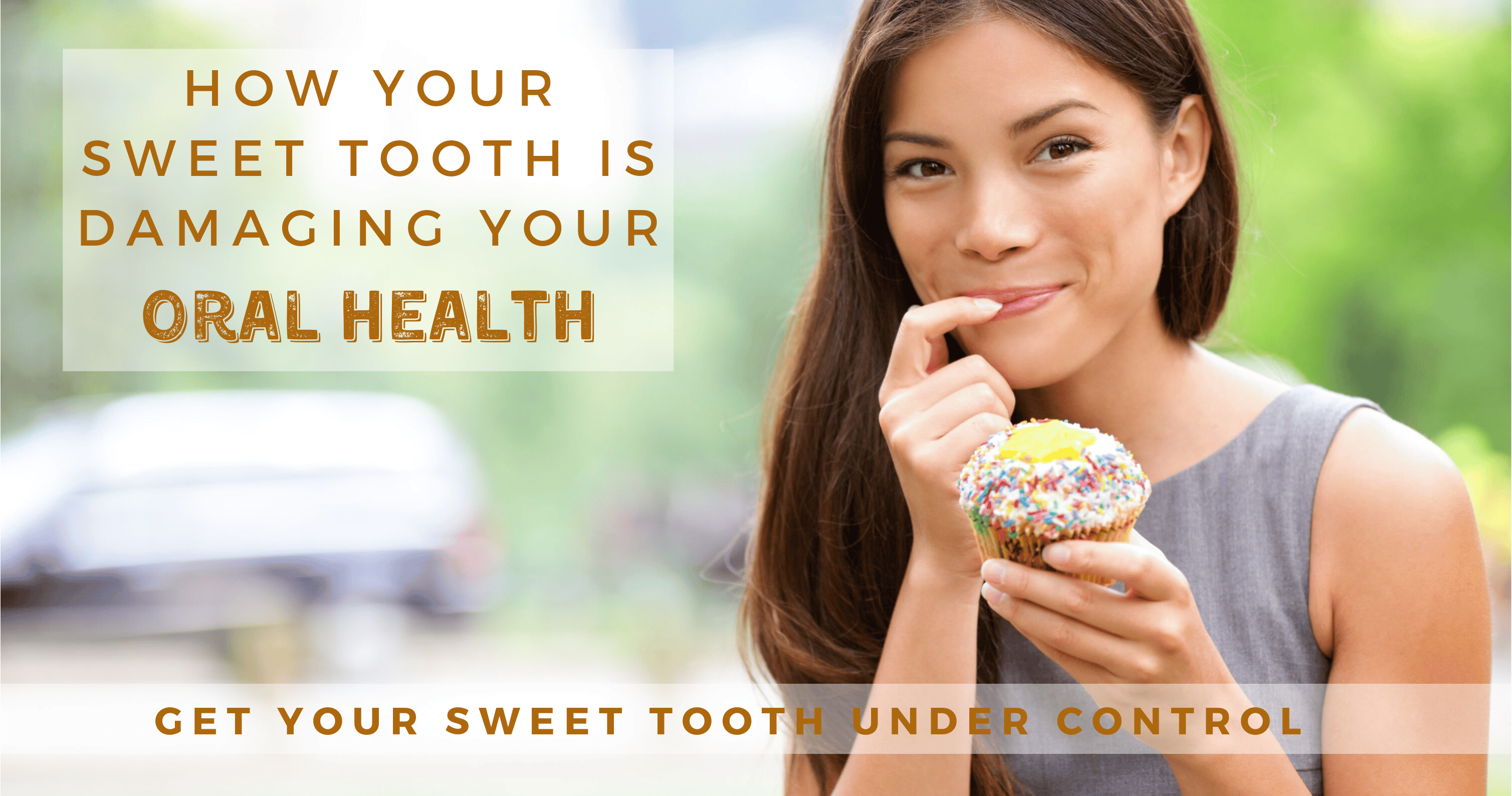
Many of us are guilty of over-indulging on sweet, sugary foods. We know it’s not good for us, yet we still can’t keep away. It can even be addictive for some people.
Yes, we’re always told about how bad sugar is for your diet and waistline, but it’s worth remembering that sweets are also harmful to your oral health. Too much sugar can wreak havoc on your mouth, putting your teeth and gums at risk of serious damage.
If you’ve constantly got your hand in the biscuit tin, then this might make you re-think. Here’s how your sweet tooth is damaging your oral health.
Bring on Tooth Decay
Unfortunately, sweet treats are practically synonymous with tooth decay. This is because the sugar reacts with bacteria in the plaque like a magnet, forming acid that attacks the teeth. And yes, it’s as bad as it sounds! Acids draw minerals away from the enamel through a process called demineralisation. Essentially, it strips your teeth of phosphate and calcium.
This, in turn, can break down tooth enamel, forming cavities in the teeth. It’s a well known fact that tooth decay damages teeth and causes complications such as tooth abscess, cracked teeth, chewing problems, pain and more. All of this may mean you’ll need a filling or two, or even teeth removed.
The Battle Between Acids vs Alkalines
It’s no secret that many processed foods have sugar in them. However, sugar is not entirely to blame. Even healthy foods such as fruit and juice contain a certain level of sugar, which, although natural, can still cause some damage to the teeth due to the acidity.
According to the Oral Health Foundation, here are some food and drinks and their pH levels. Note that pH 7 is neutral, meaning it’s in the middle between alkali and acid. Each pH level is 10 times greater than the next.
Mineral water – 7.6
Milk – 6.9
Cheese – 5.9
Orange juice – 3.8
Grapefruit – 3.3
Cola – 2.5
Red wine – 2.5
Vinegar – 2.0
As you can see, the more acidic drinks like cola and red wine have a low pH level. This is why it’s often recommended that you have a glass of water to sip in-between your wine, to wash away the acidity and neutralise your mouth. Even orange juice, a supposedly healthy drink containing fruit, can actually be detrimental to your teeth.
Saying Goodbye to Sugar
So, what’s the solution? Cut down on your sugar intake, of course. It’s ok to treat yourself to sugary food every now and again, but when enjoyed too often, it will inevitably catch up with you – and your teeth! Make sure you eat a balanced diet of vegetables, fresh fruit, whole grains and protein. That way, you’re not only benefiting your body, but you’re also helping your teeth.
If you do eat sugary foods, be sure to have them with your meals, instead of snacking on them in-between. And after you’ve indulged, wash the acidity away with a glass of water. Then, to top it off, brush your teeth about an hour after.
Small changes to your routine such as this can make a huge difference when it comes to your oral health.
How We Treat Tooth Decay
Although we’d rather not have to treat cases of tooth decay, it’s something we do see often. The main way we treat tooth decay is to drill out the cavity and put in a filling. This could be made from amalgam, composite resins or porcelain. Porcelain is often the most popular filling because it’s white and natural looking. Where there is excessive tooth decay, a crown, or a root canal treatment may be needed. Occasionally, the tooth may need to be removed, though this is avoided as much as possible.
For more information or to book a check-up, please don’t hesitate to contact our friendly team today who will be happy to help.
You’ve Waited Long Enough
Get in touch with us to learn about award-winning, specialist-led cosmetic, restorative and general services at Reading’s home of slow dentistry.
Get in touch
